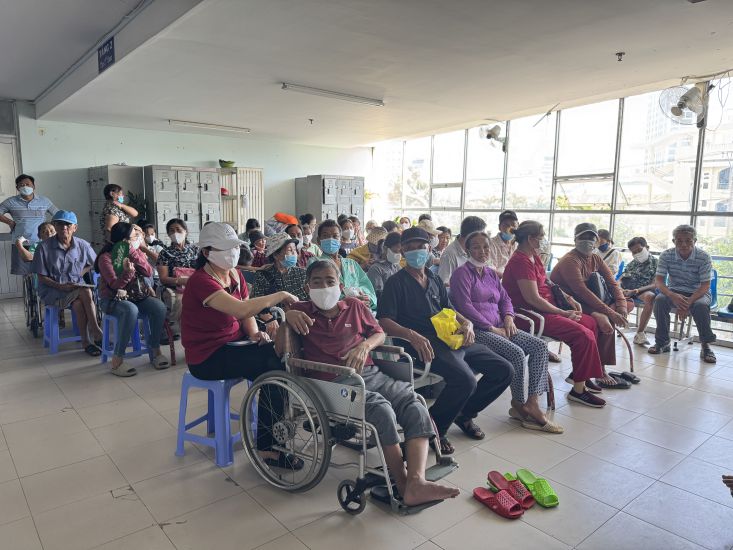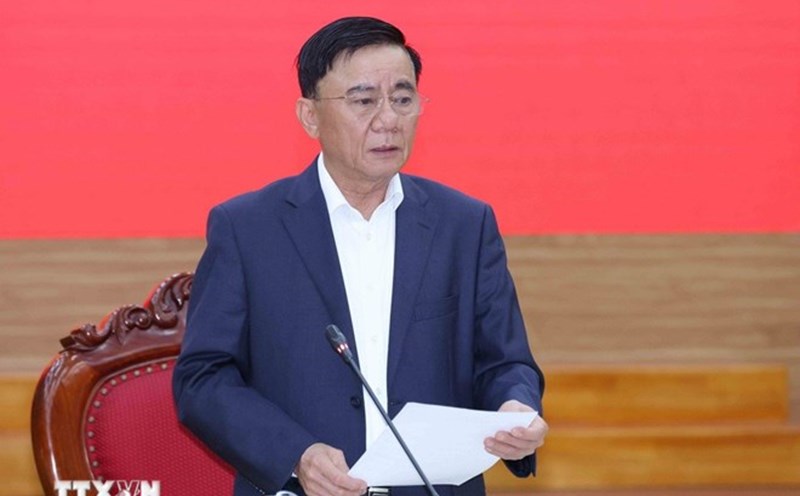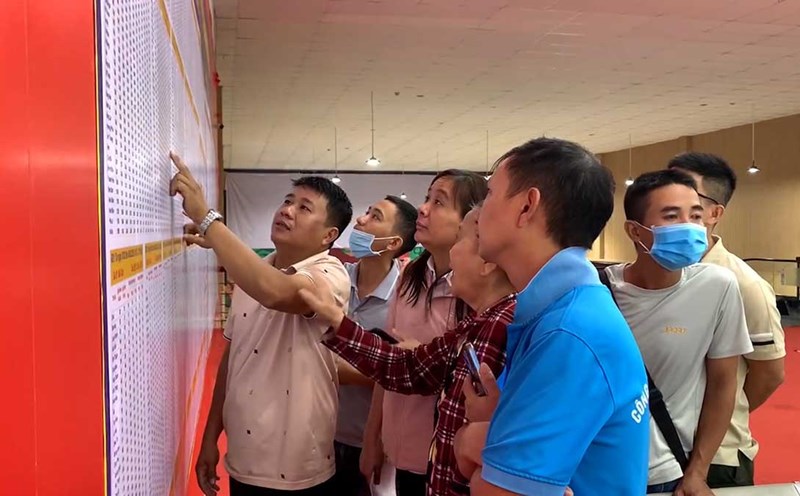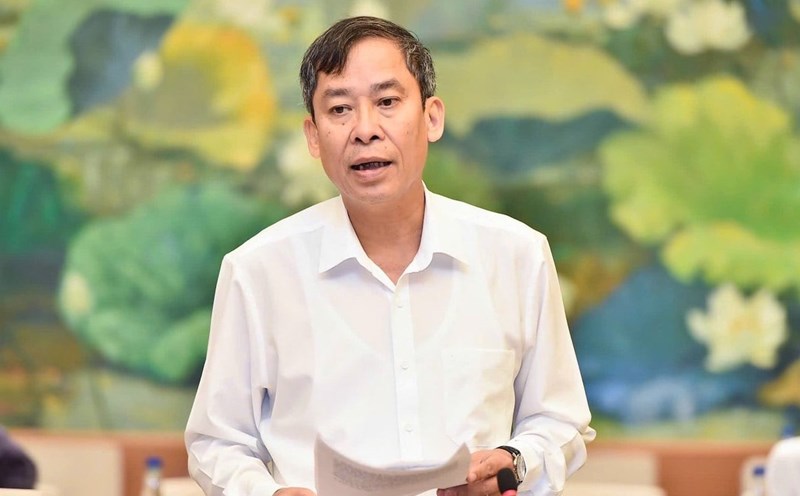The lack of dialysis machines in the South Central and Central Highlands has overloaded hospitals, patients have to wait. In this situation, hospitals have recommended adding equipment and proposing abdominal dialysis methods as a new hope solution for patients.
Struggling to save lives
Recently, at Buon Ma Thuot General Hospital (Dak Lak), the scene of patients waiting for dialysis has become familiar to the medical team here.
Ms. N.V.T.A (42 years old) lay on the bed for more than 3 hours to filter her blood. She has been on dialysis for the past 10 years, and her condition has now passed to a chronic stage. In the first year of my illness, every week I had to take a bus from Buon Ma Thuot ward to Ho Chi Minh City to get dialysis, which was very distant, tiring and expensive. At that time, there was no insurance, and the cost of treatment was too high. Later, with insurance, the cost decreased by 80%, but every month I still spend 5-6 million VND on food, living and dialysis. Unable to work, this amount of money is really a burden for the whole family," Ms. A shared.
In Khanh Hoa, many patients with kidney failure are also attached to familiar bus trips to the hospital for blood filtration. Ms. N.T.M (Bac Ninh Hoa ward) has been on dialysis for more than 10 years with type 5 (night, about 4 hours/case) at Khanh Hoa General Hospital. Every afternoon, she takes a bus to the hospital, waiting until 2am to finish blood filtration, and returns home the next morning. "We cannot work hard to earn an income, while the monthly expenses are beyond the family's ability" - Ms. M said bitterly.

Nephrotherapy only meets 50% of demand
Dak Mil Medical Center, located in Thuan An border commune (Lam Dong province), is the first medical unit on the province's land border to be equipped with a dialysis machine.
According to Mr. Nguyen Dang Trung - Director of Dak Mil Medical Center, from March 31, 2025 to now, the unit has invested in 10 dialysis machines, arranged 3 continuous operations per day and is treating about 54 patients. Mr. Trung said that for patients with kidney failure, each blood filtration is like a revival. However, when the dialysis machine is overloaded, many people have to wait, miss the blood filtration rhythm, the body is tired, swollen, has difficulty breathing, and is in constant pain. Some people, even though they know their health is exhausted, still have to wait for their turn, their eyes are full of despair.
Their greatest suffering is not only the scoliosis of their shoes but also the insecurity when their fragile lives are hanging, completely dependent on the machine and do not know when they will be used, said Mr. Trung.
It is worth mentioning that the number of patients registering for dialysis at the unit is increasing, beyond the unit's response capacity. This causes many people to wait or go to other medical facilities for treatment. However, this is not easy because many other medical facilities are also burning dialysis machines to serve patients. For many patients, having a kidney surgery machine is a blessing.
At Buon Ma Thuot General Hospital, 75 patients receive 3 blood filtration cases per day and there are still 2-3 emergency cases. Doctors and nurses have to work an average of 12 hours/day, sometimes having to work overtime to promptly treat.
Head nurse Tran Thi Que (Department of Intensive Care and Anti-Poison Emergency, Buon Ma Thuot General Hospital) said that the pressure is not only in human resources but also in equipment, when the number of patients is increasing while the number of machines is too small.
In Khanh Hoa, the situation is also tense. Although the number of people with kidney disease is very high, the whole province currently has only 3 places for dialysis: Khanh Hoa General Hospital, Ninh Hoa General Hospital and Military Hospital 87.
Dr. Nguyen Luong Ky - Deputy Director of Khanh Hoa General Hospital, Head of the Department of Intensive Care, Anti-Poison and Artificial kidney Unit - said that the unit is treating more than 500 patients with kidney failure. Of which, there are 350 people on dialysis. However, the hospital only has 45 blood filtration machines. To meet the needs of 3 filtering sessions/week for each patient, the hospital has to divide it into 4-5 cases/day.
Even though the machine runs continuously, many patients still have to wait for night shifts or 1-2 days to have their turn, seriously affecting their health. According to Dr. Ky, to meet basic needs, the hospital needs about 80 machines. Meanwhile, the cost of treating chronic kidney failure is very high, causing most private hospitals to not be interested in investing, due to low economic efficiency.











